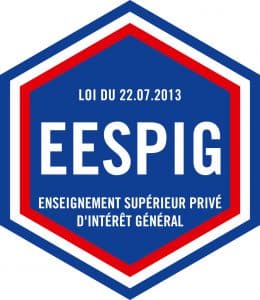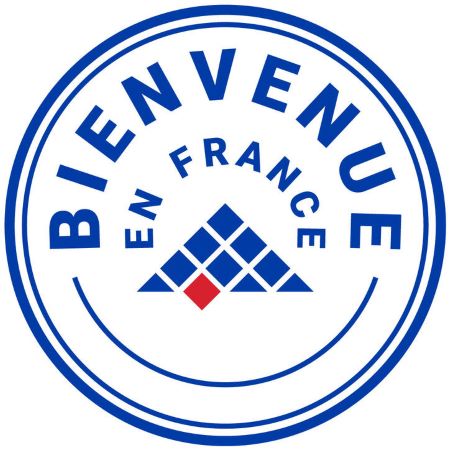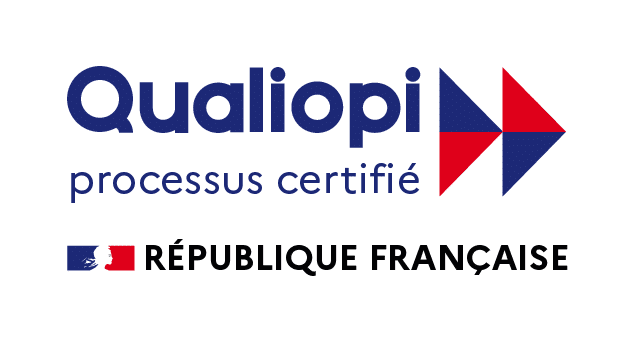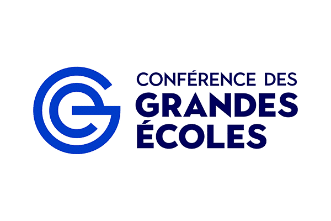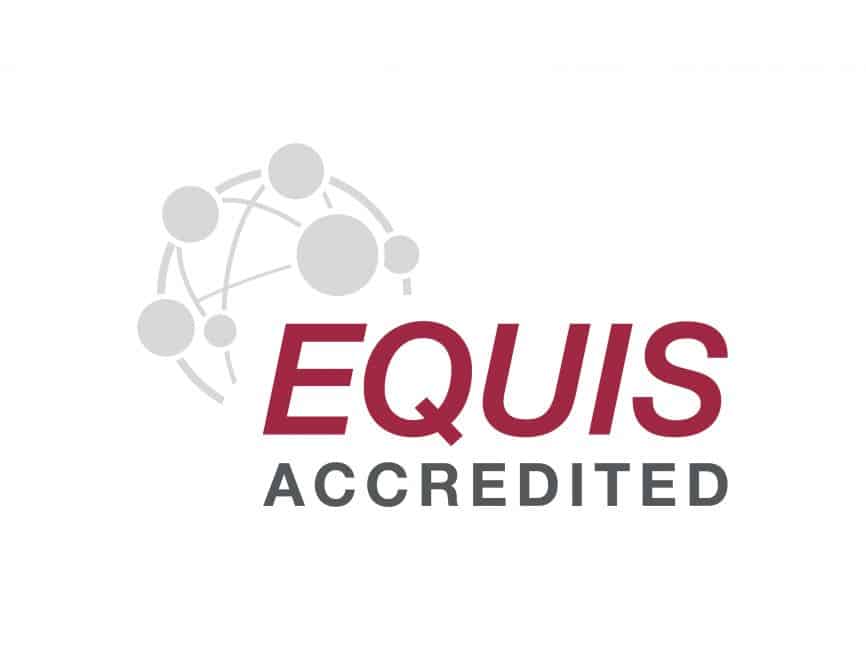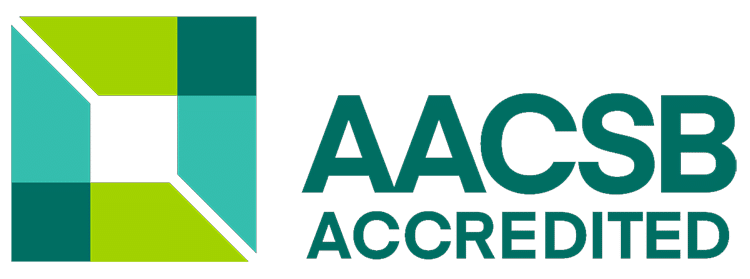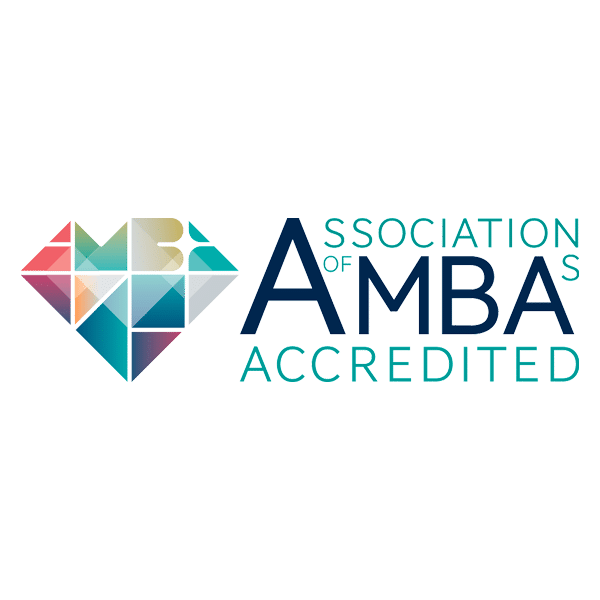Labels
EESPIG
This State Label, promulgated by the Higher Education and Research Act of 22 July 2013, allows for the certification of non-profit private institutions of higher education with an agreement with the State.
State Recognition of our Institutions
The institutions of the Université Catholique de Lille all have State Recognition. They offer state diplomas (medical, paramedical and social schools) or issue aimed degrees delivered by either the Ministry of National Education, the Ministry of Higher Education, Research and Innovation (business and management schools), the Ministry of Labour or the Ministry of Youth and Sports and Social Cohesion. The university curricula (3-year Licence, 2-year Master, 3-year Doctorate) issue national degrees in convention with public universities or with a rectory board. The engineering schools issue degrees recognized by the CTI (Commission des Titres d’Ingénieurs – Engineering Titles Commission). The other institutions issue their own degrees under the aegis of the Université Catholique de Lille.
ESPIC
The GHICL (Groupe Hospitalier de l’Institut Catholique de Lille – Grouping of the Institut Catholique de Lille Hospitals) is a Private Collective Interest Health Institution (ESPIC – Établissement de Santé Privé d’Intérêt Collectif). As an ESPIC, it combines the values of a non-profit private institution with a public service mission. Indeed, the GHICL is a privately managed health institution, but with a social vocation and the mission to care for everyone, regardless of their social status or their ability to pay. As an ESPIC, the GHICL is committed to providing quality care while contributing to the well-being and to the improvement of health in local communities.
Welcome to France
Several institutions of the Université Catholique de Lille have been awarded the prestigious Label “Bienvenue en France” (Welcome to France) by Campus France, thus attesting to their commitment to welcoming international students in a qualitative manner. This recognition, issued for a duration of four years by an independent commission, highlights the importance of internationalization and the attractiveness of these institutions. Through different criteria such as the quality of information, the accessibility of the welcoming services, pedagogical support, housing on campus and postgraduate follow-up, this label is a testament to the efforts of meeting the specific needs of students from abroad.
CERTIFICATION
QUALIOPI
The Université Catholique de Lille, as well as its Faculties, ESSLIL and PIKTURA, have been awarded the Qualiopi certification.
This is a reflection of the institution’s commitment to continuously improve its processes and services to ensure the quality of its professional education.
This certification is only awarded to organizations demonstrating effective and documented protocols for continuous improvement and communication in terms of service quality. The Institut Catholique de Lille has voluntarily undertaken this certification process to level up its commitment to quality. This success is the fruit of months of work where all employees have been mobilized around a common goal: to prove their ability and their commitment in providing quality support to satisfy both students and partners.
Seven Criteria
The quality criteria of these processes include public information about services, the adaptation of services to the needs of beneficiaries, the adequacy of the pedagogical and technical means, the development of the staff skills, the involvement in the professional environment, and the consideration given to the feedback of everyone.
ACCREDITATIONS
Conférence des Grandes Écoles
Several institutions of the Université Catholique de Lille are accredited “Conférence des Grandes Écoles” (CGE – Grandes Écoles Conference).
The CGE is an organization which groups engineering schools, management schools, specialized schools, foreign institutions, as well as companies and more than thirty associations. Its objective is to highlight the collective expertise of its members and the role of grandes écoles in higher education and research. It represents its members in front of public authorities and society, and conducts national investigations about professional integration, mobility and social openness.
The member schools must be accredited to issue Master-level degrees and to meet the admission criteria such as the international experience of students, the student/teacher ratio, and the quality of the institution.
The EDHEC, IESEG, JUNIA and ICAM Schools are of the CGE network.
The ISTC is a member of the Conférence Régionale des Grandes Écoles Hauts-de-France (Hauts-de-France Regional Conference of Grandes Écoles).
AACSB
The AACSB label distinguishes international business schools by evaluating the quality of their management programs based on the academic skills of teachers, the effectiveness of the pedagogical approach, and the resources provided to ensure the success of students in their studies.
The EDHEC and IESEG Schools have obtained this label.
AMBA
The AMBA label examines programs according to specific standards of academic quality and governance. AMBA uses strict evaluation criteria and does not certify schools as a whole, but focuses precisely on programs such as MBAs, Management Masters and DBAs.
The EDHEC School, for its Management Master and its Global MBA as well, as well as the IESEG School, for its Programme Grande École, its MBA and its International Business Master, have obtained this label.


